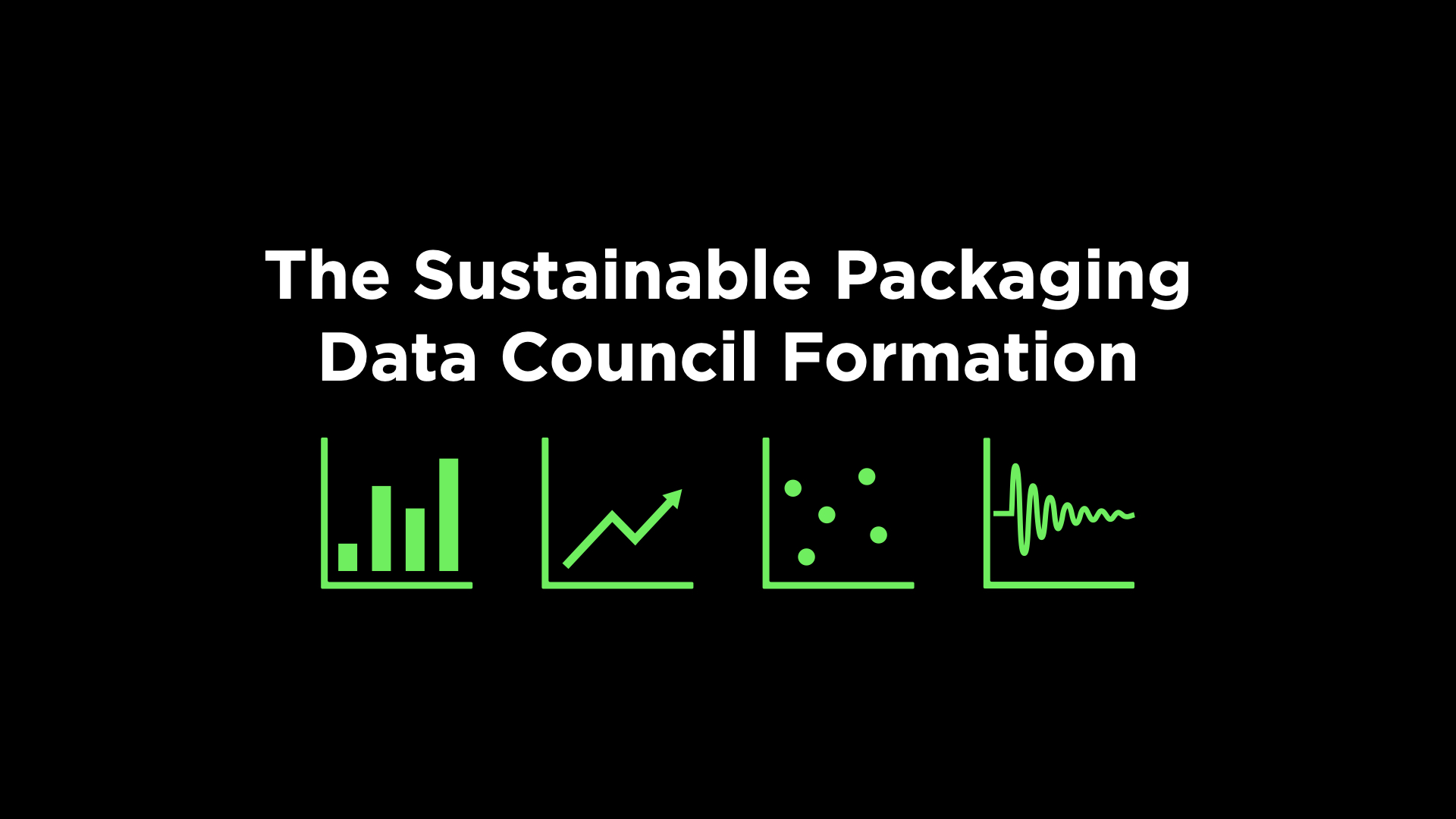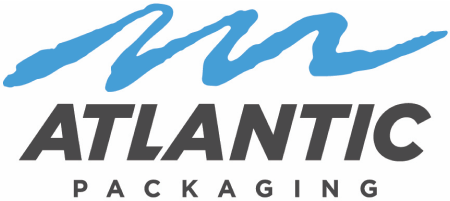
Specright — known for its specification management software — has convened the Sustainable Packaging Data Council to harmonize sustainability data and speed up Extended Producer Responsibility (EPR) reporting, according to a recent press release. The council debuts with the introduction of a reporting template for Oregon’s EPR standards.
The Founders
Founding members span the full value chain: retailers and brands like Costco, Tyson Foods, Central Garden & Pet, Sonoco, and Atlantic Packaging; tech partners Lorax EPI and Trayak; sustainability nonprofits such as How2Recycle; plus industry analysts and academic leaders, including Michigan State University. Specright is serving as both host and technology partner, leading the development of the reporting templates.
Setting Industry Standards
- Regulatory maze: Companies face fast-evolving EPR rules across states and markets—and often lack clean, supplier-level data to comply.
- Time sink: Standardized data attributes mean less time chasing spreadsheets, more time innovating.
- Signal to the market: A cross-value-chain council sets a baseline others can adopt, reducing friction and cost.
A Collaborative Future
“Sustainability initiatives are more than checking a regulatory box,” said Matthew Wright, Specright founder and executive chairman. “Companies will spend less time chasing data and more time driving real impact.”
Caroline DeLoach, director of sustainability at Atlantic Packaging, commented: “Being part of the Sustainable Packaging Data Council has proven the power of involving the whole value chain. As we discussed the minutiae of the data requirements for EPR reporting, we drilled down into what data are truly necessary for effective EPR in a way that could only be done by representatives across the entire supply chain. If we can help others collect more complete and better data, we will necessarily make packaging EPR more effective.”
Making EPR Compliance Easier
- Weekly work flows in 2025: Members aligned on common reporting attributes for Oregon’s EPR.
- Template out now: A downloadable schema brands and suppliers can use to standardize collection and submission.
- Next up: Additional templates for other U.S. EPR programs and shared best practices for end-to-end data capture.
This is less about software features and more about governance and interoperability. Templates create a common language for materials, formats, and attributes — critical for connecting supplier specs, packaging bills of materials, and product hierarchies.
The Oregon EPR Template
- One source of truth for packaging specs across SKUs and suppliers
- From weeks to days to compile reports when attributes are predefined
- Fewer reworks as suppliers adopt the same attribute lists and definitions
Oregon is the first domino. With more states advancing in EPR programs, early standardization helps avoid a patchwork of incompatible data asks.
Harmonized templates are a pragmatic step toward compliance at scale — and a foundation for broader sustainability analytics (recyclability, PCR content, greenhouse gas impacts).
Get in touch
Atlantic customers can reach out to their local sales rep or contact us here for help navigating EPR.
